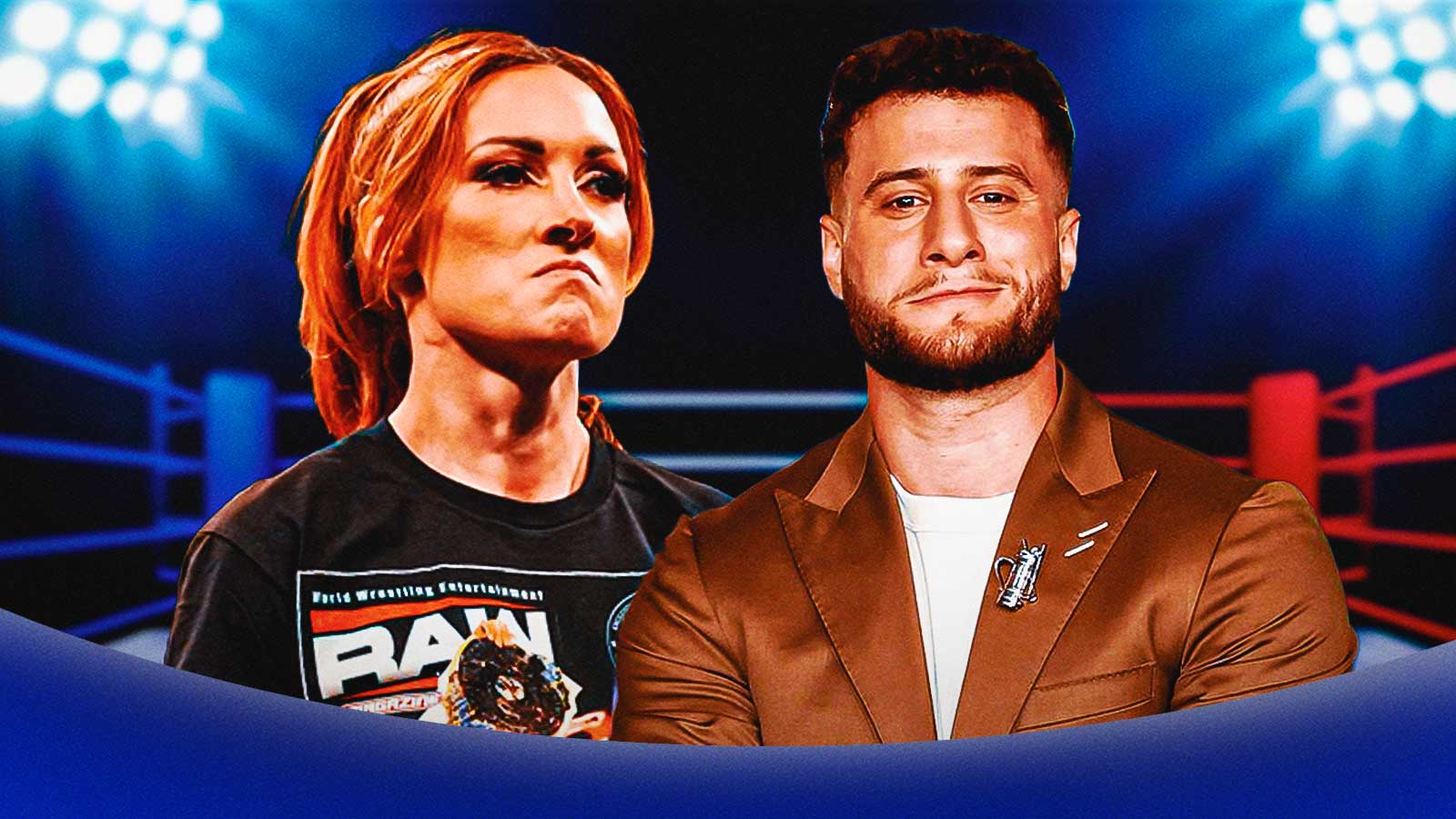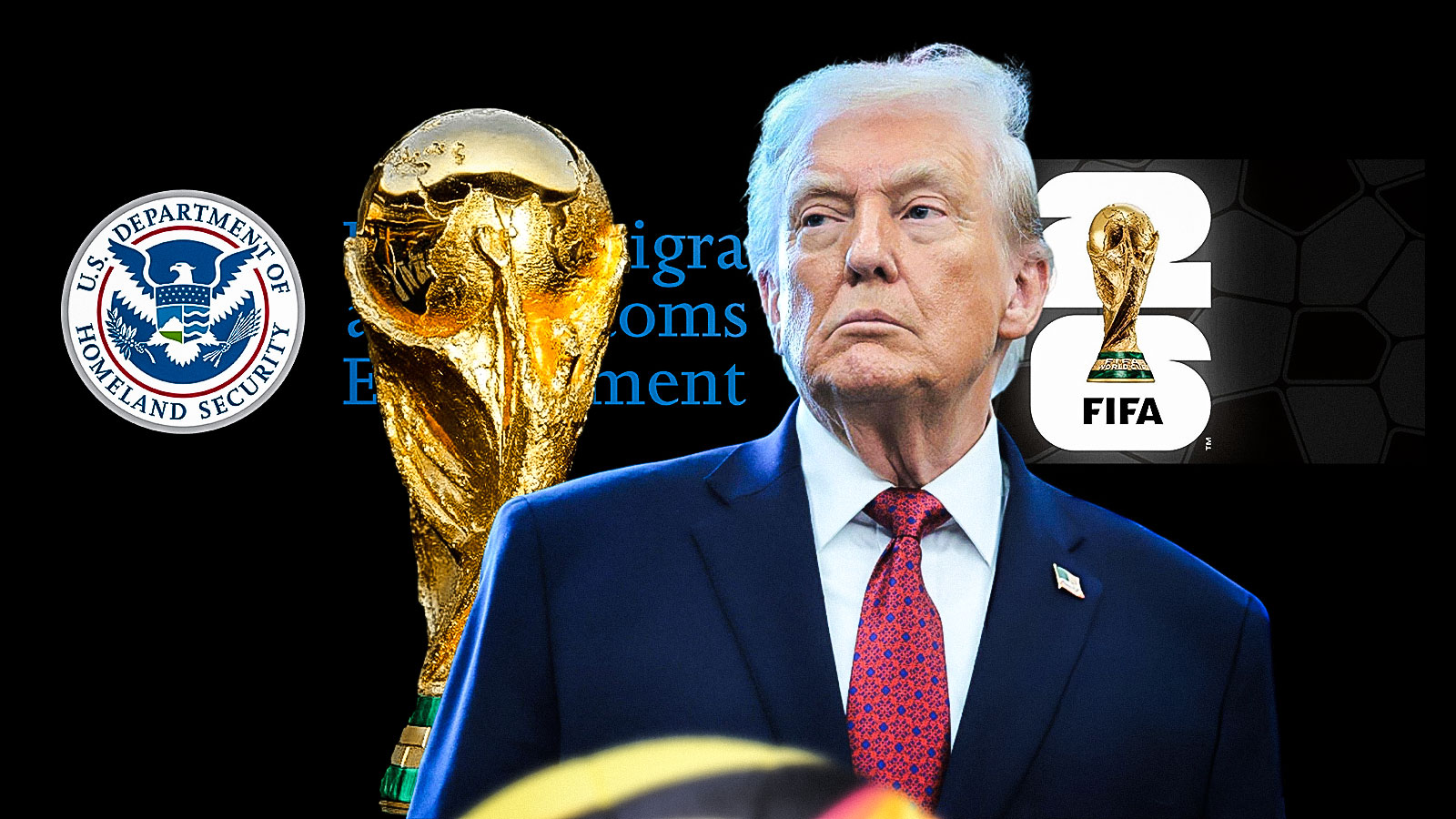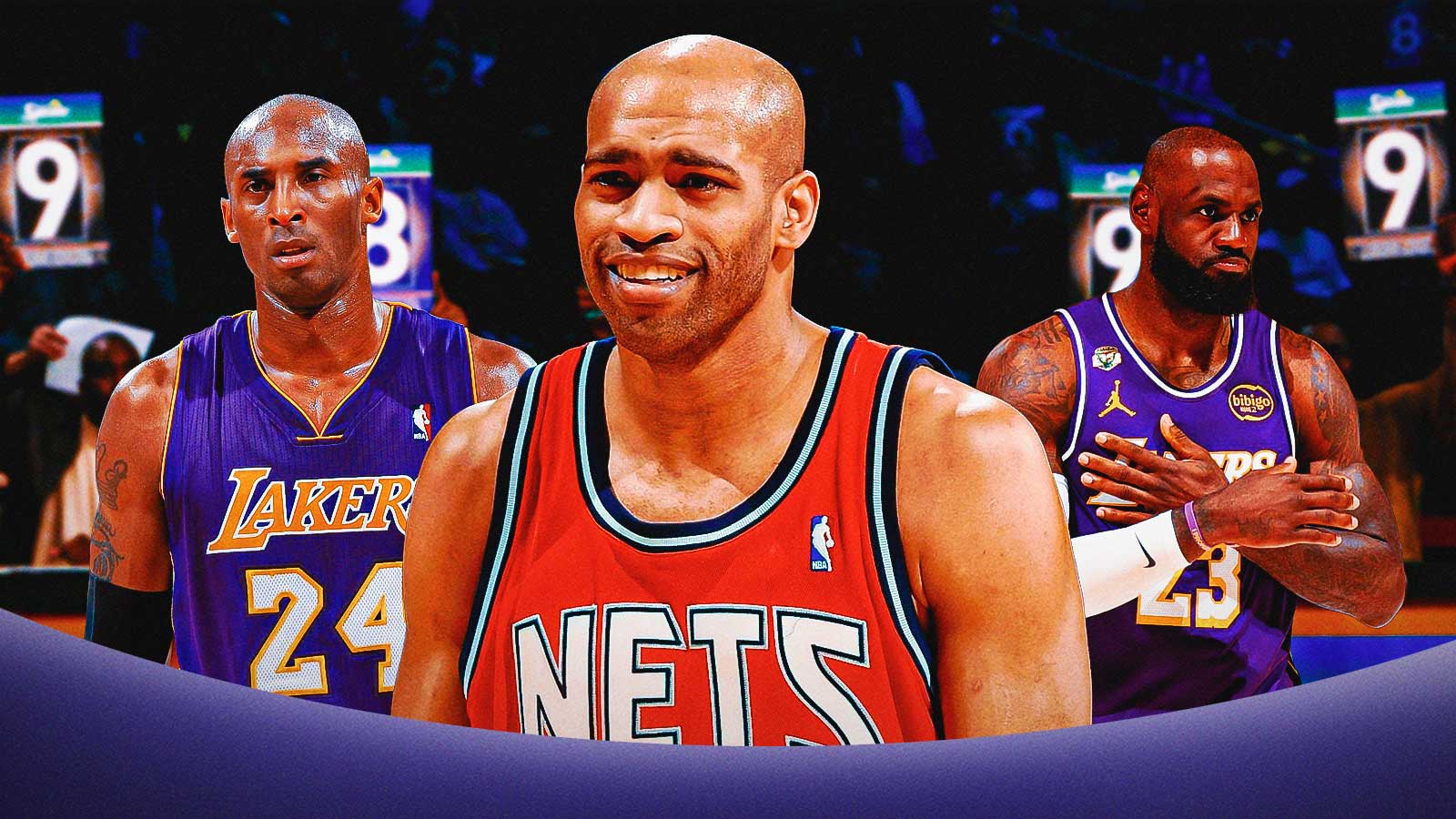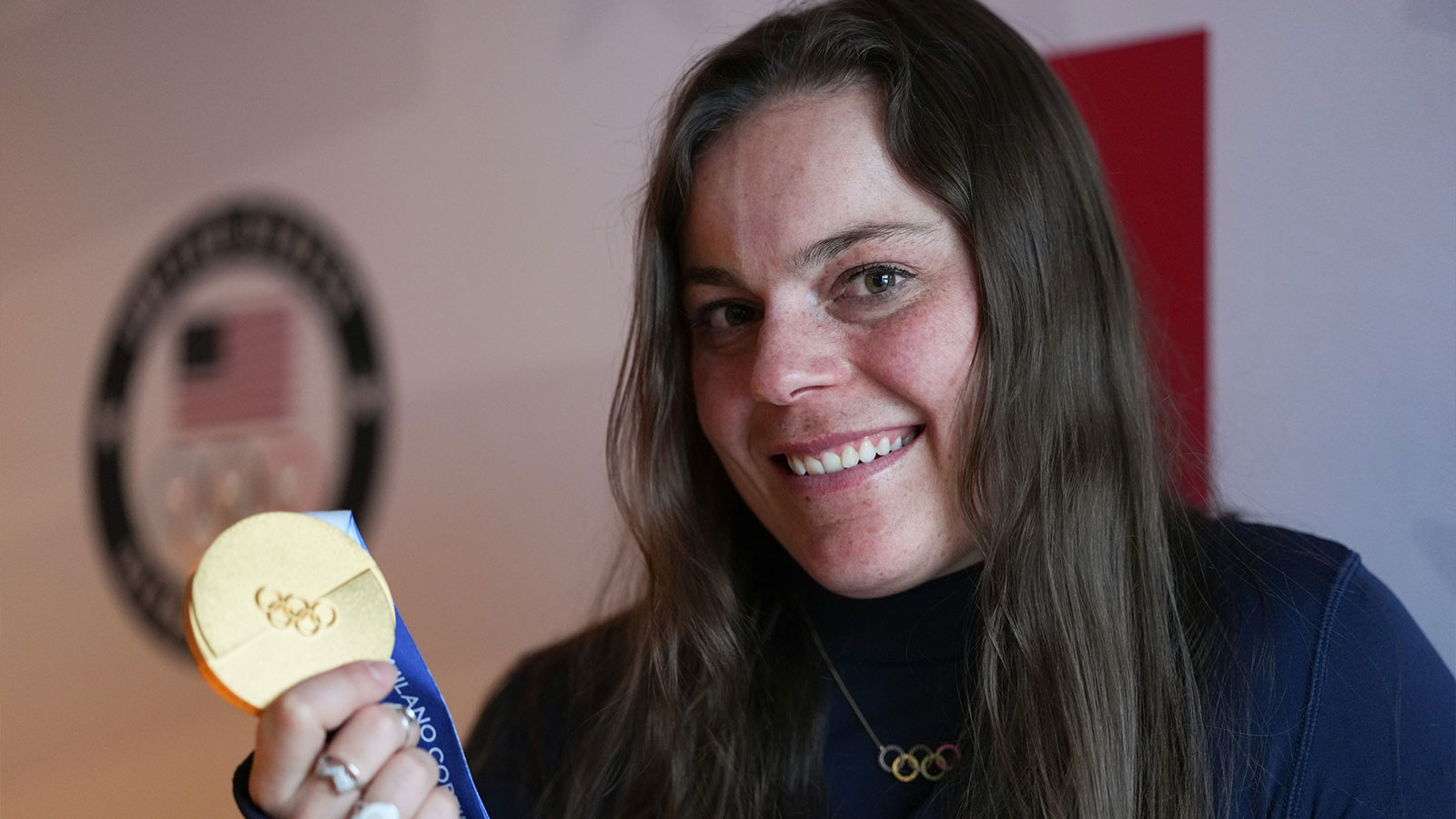Renowned musician and advocate for self-love, Lizzo, has recently been honored with a Quincy Jones Humanitarian Award. However, this accolade comes at a time when she's facing legal challenges stemming from allegations of sexual harassment by her former backup dancers. This situation has sparked a complex conversation about separating an artist's public persona from their personal life.
Lizzo, known for her body-positive anthems and messages of empowerment, has been a powerful voice for marginalized communities and an inspiration for many. Her work in promoting self-confidence, diversity, and mental health awareness has earned her widespread recognition, including the Quincy Jones Humanitarian Award.
On the other hand, Lizzo's legal battle with former dancers who allege sexual harassment raises important questions about accountability and responsibility. It's a stark reminder that even those who advocate for social change may face personal issues that require examination and resolution. “I’m going to continue to put on, represent, and create safe spaces for Black fat women cause that’s what the f*ck I do,” the artist says.
Lizzo accepts the Quincy Jones Humanitarian Award at tonight’s Black Music Action Coalition gala, while surrounded by a group of her dancers pic.twitter.com/8wrgwiyidK
— The Hollywood Reporter (@THR) September 22, 2023
While some argue that Lizzo's achievements in the realm of social activism should be recognized separately from her legal troubles, others emphasize the need for a nuanced perspective. The #MeToo movement and the ongoing fight against harassment have emphasized the importance of taking such allegations seriously, regardless of the accused's public image.
In this situation, it's crucial to remember that receiving a humanitarian award doesn't necessarily absolve someone of their personal actions or legal obligations. The legal process will determine the outcome of the allegations against Lizzo.
Ultimately, Lizzo's case serves as a reminder that public figures, despite their positive contributions, can still face complex issues in their personal lives. It's up to society to navigate the delicate balance between celebrating their achievements and holding them accountable for their actions, ensuring that justice prevails where it's warranted.


















